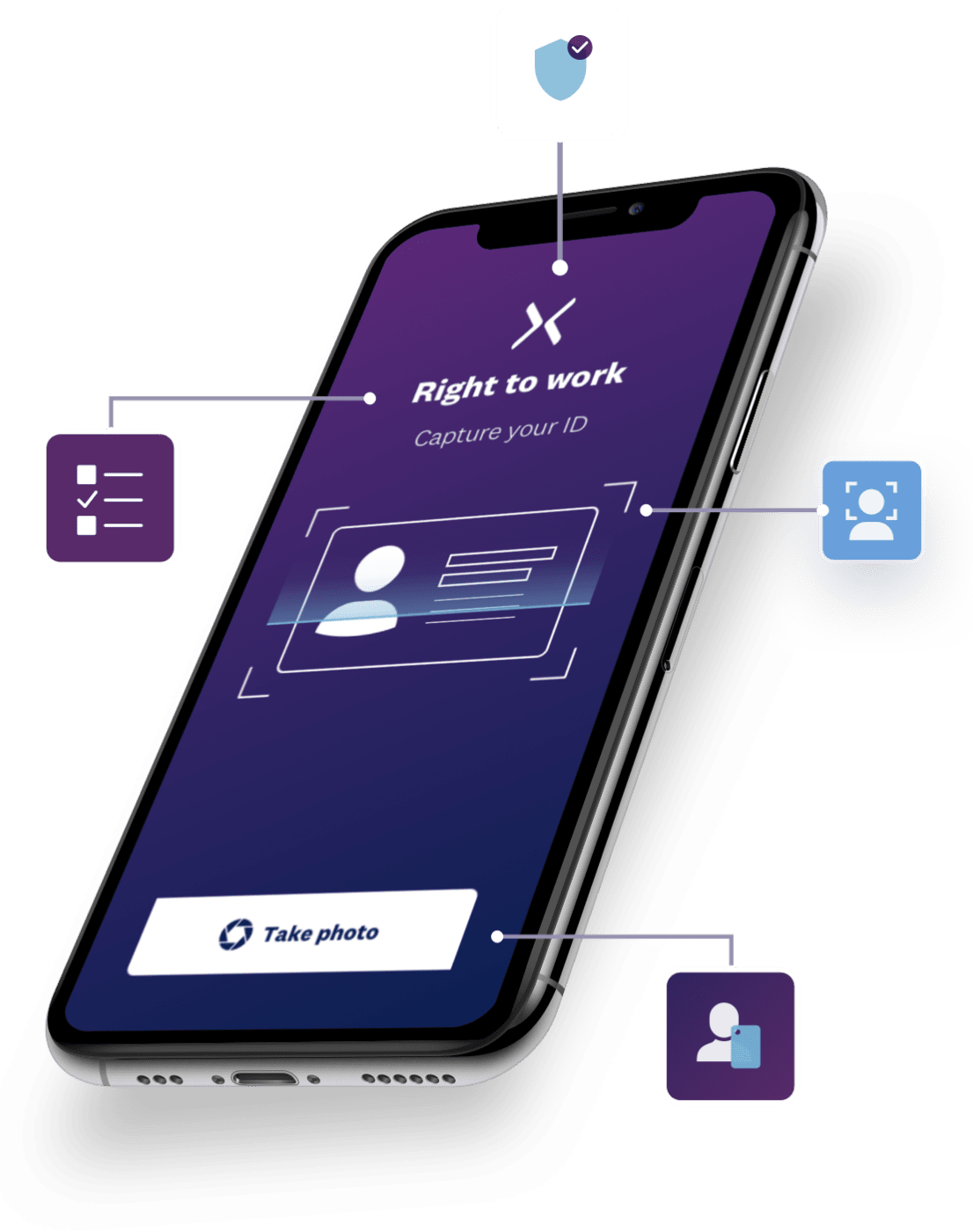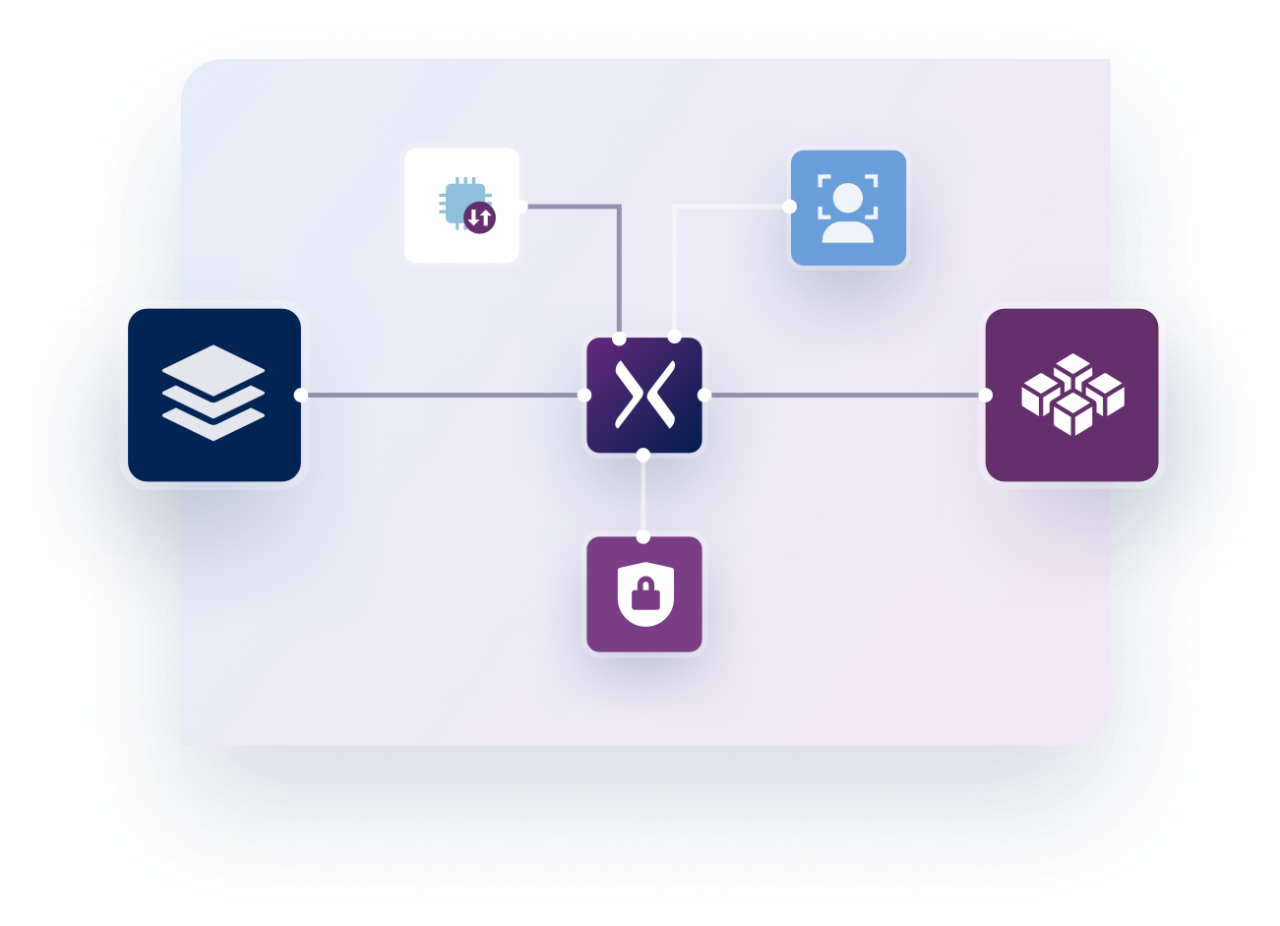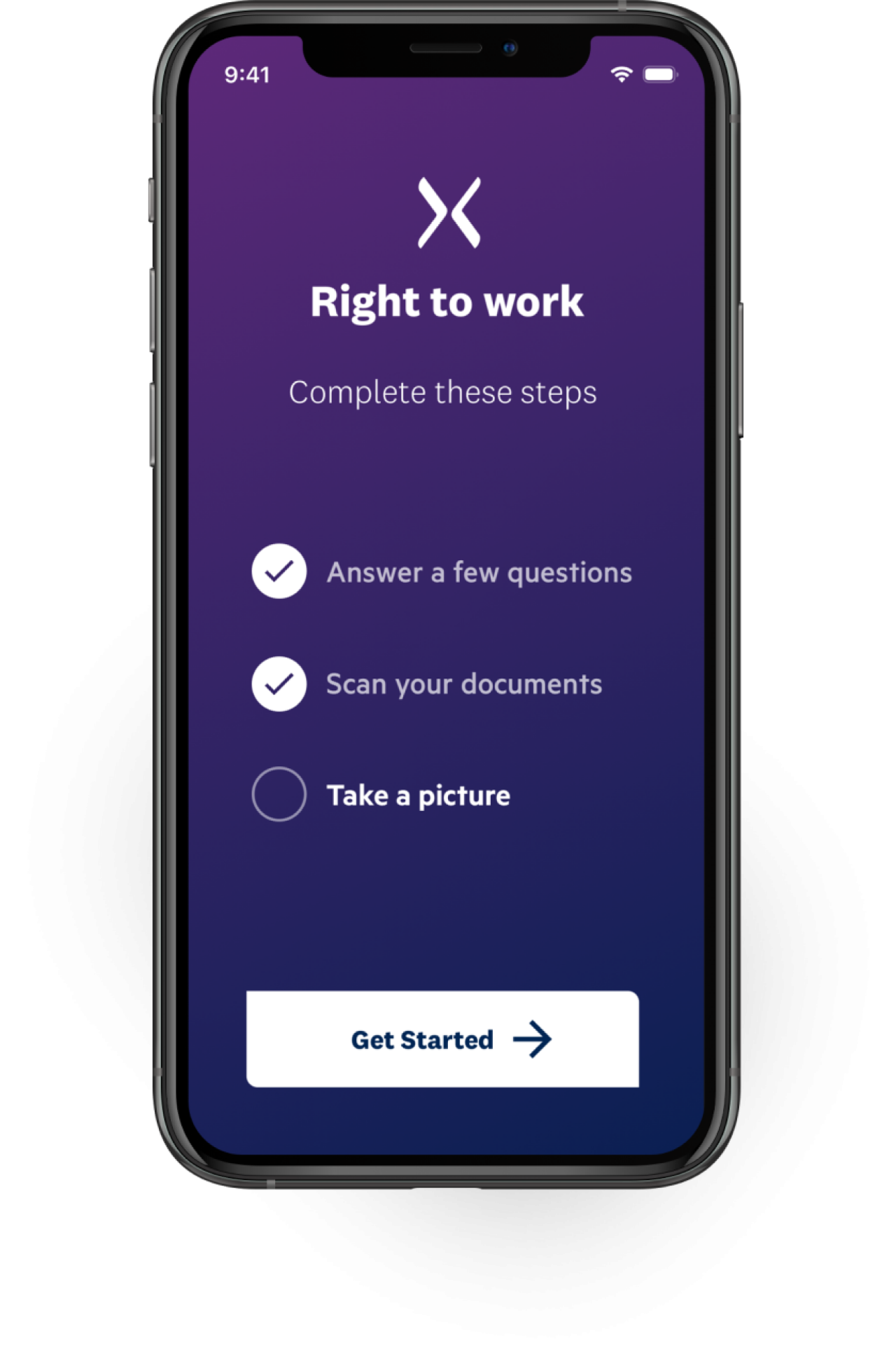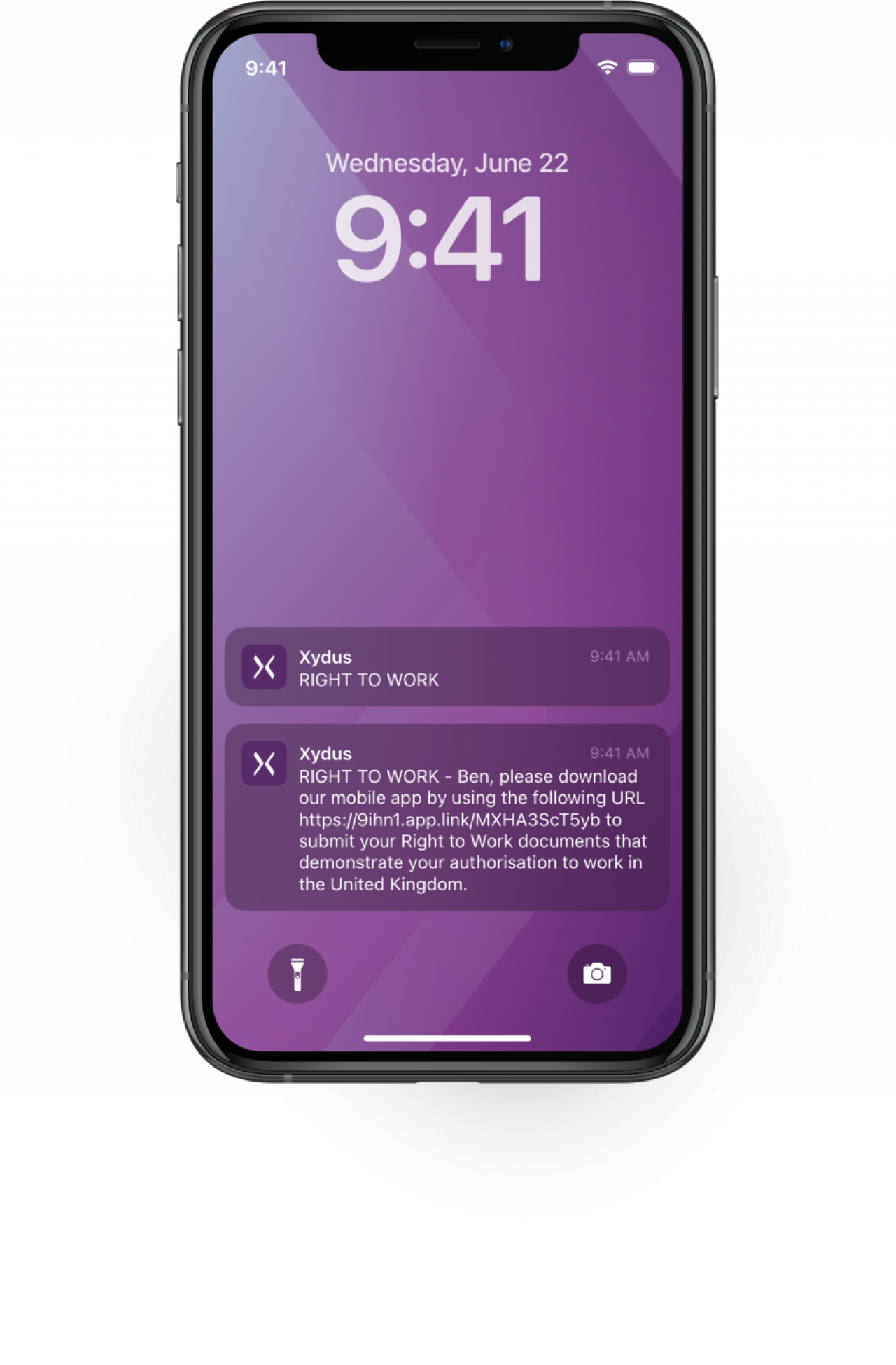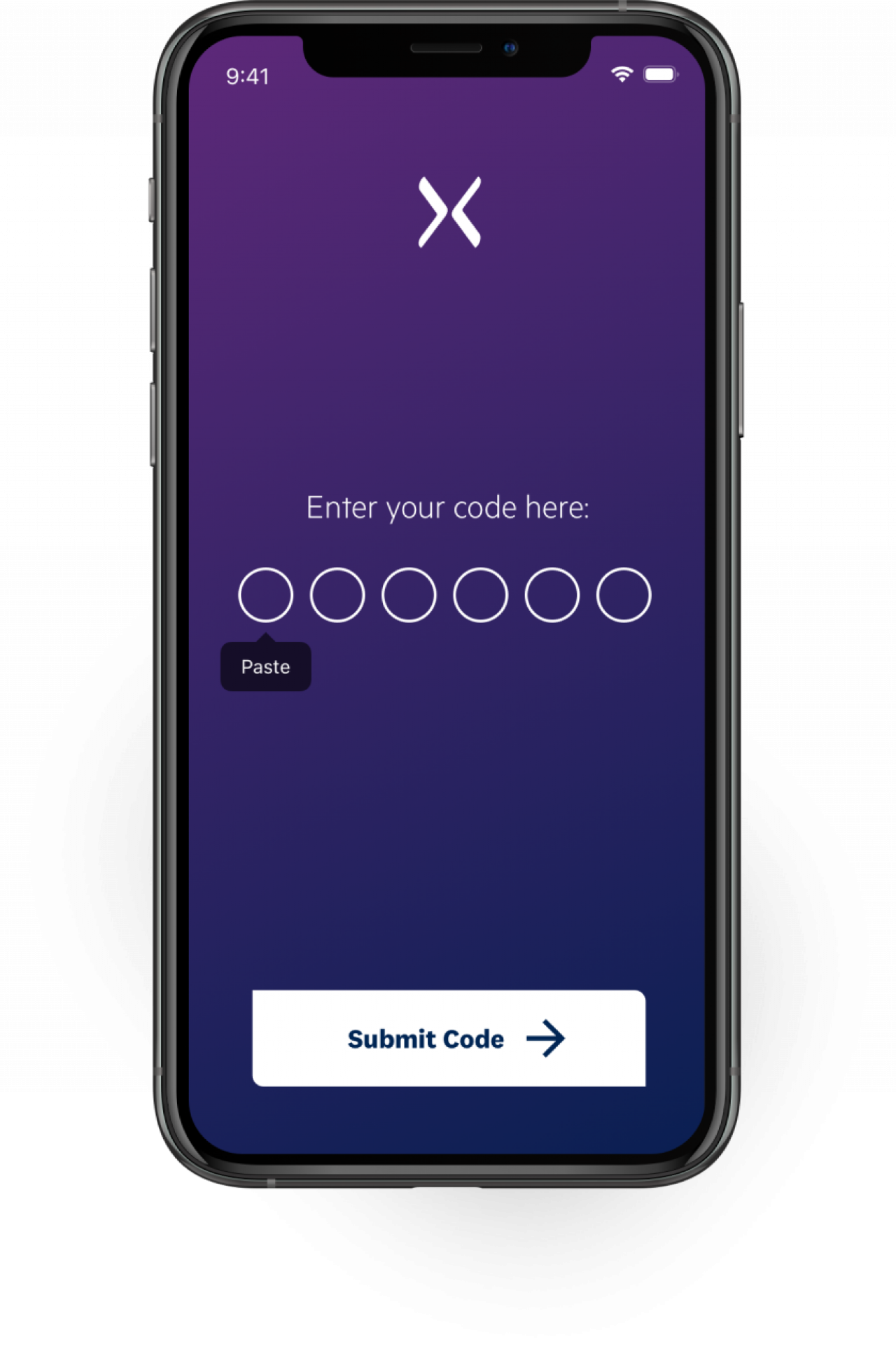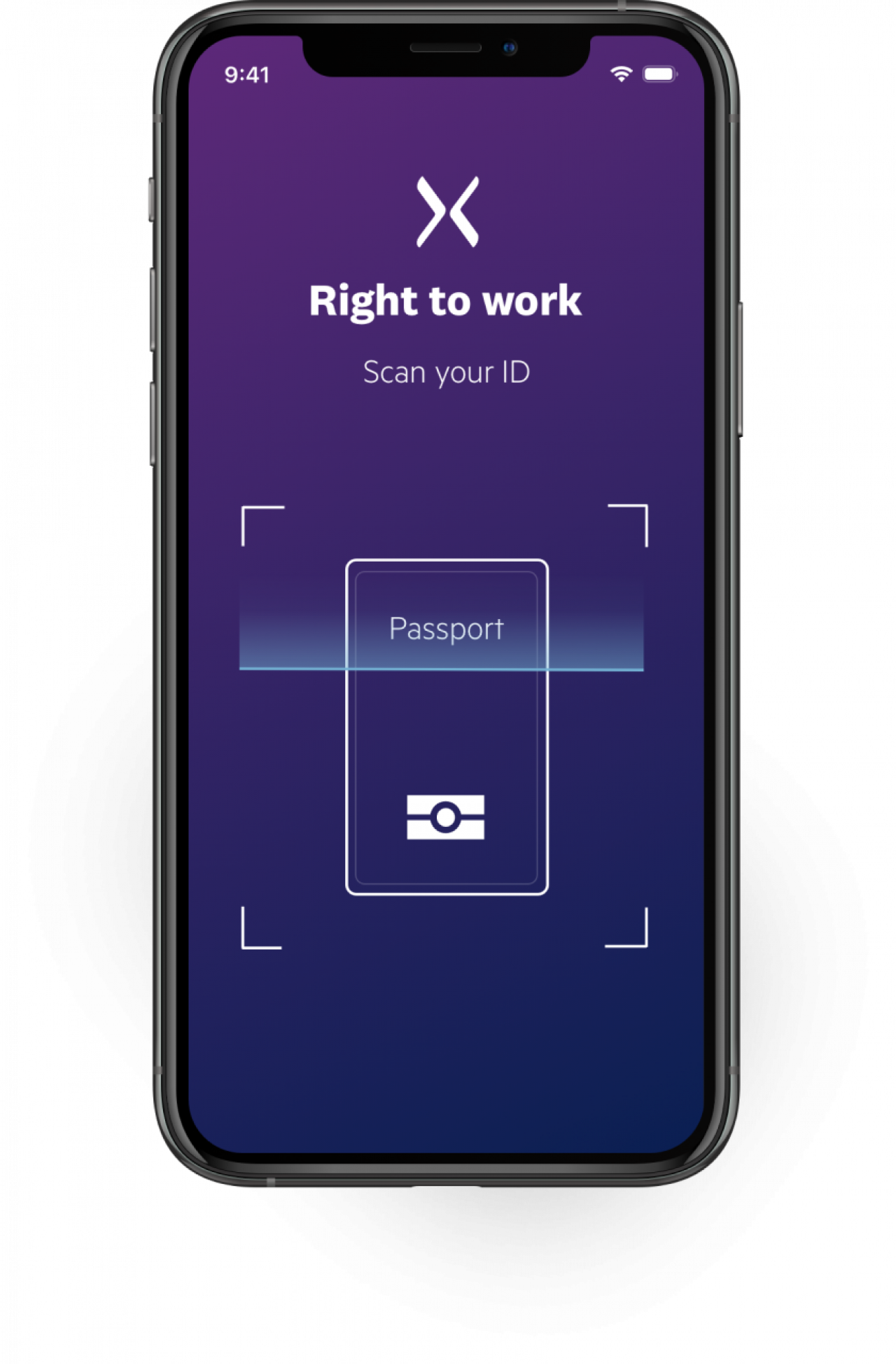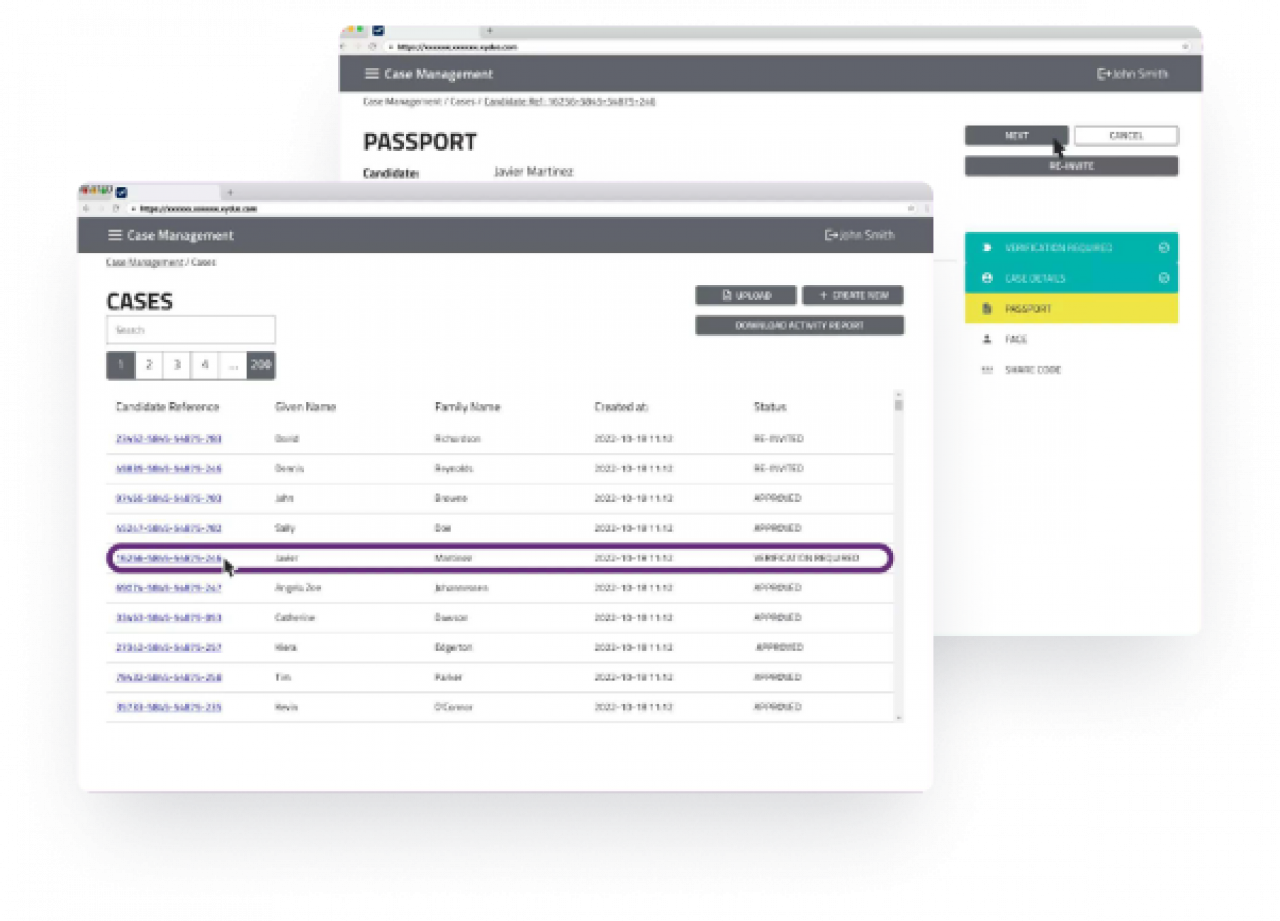Identity document validation technologies (IDVT) are forms of technology that can quickly and easily assist you to establish the authenticity of documents presented for identity verification purposes, including passports, biometric resident permits, driver's licenses, and identity cards. IDVTs can play an important role in preventing the use of fraudulent documentation.
They provide higher levels of accuracy and assurance than the manual checking of documents by persons not used to checking different forms of identity documents. There are different forms of IDVT to suit the different needs of users. These consist of the following parts:
A device to scan the identity document – these include specialised passport and ID card readers, smartphones, webcams, and flatbed scanners to capture an image of the document, some of which can also read chipped documents.
Software and a template library of identity documents – the software checks the security features contained on the document and compares the image of the document against a template stored in the library. Algorithms are used to draw together the results of the checks and score them to indicate whether an identity document is authentic.
Some systems can also:
conduct checks against other data-sources – some systems are able to conduct checks against other data sources, which can be used by the system to help verify an identity
perform impostor checks – some systems incorporate biometric checking capabilities or other forms of technology to help prevent genuine documents from being used by impostors
maintain secure digital records of identity documents they have checked – some IDVTs enable users to reduce their levels of paper processing and the costs of storing paper documents
inform individuals about what data is being sought and enable them to consent and to provide an audit trail for both the individual and the relying party
IDVT is used in a variety of settings, including banking, law enforcement, employment and travel, to verify the identity of an individual.

